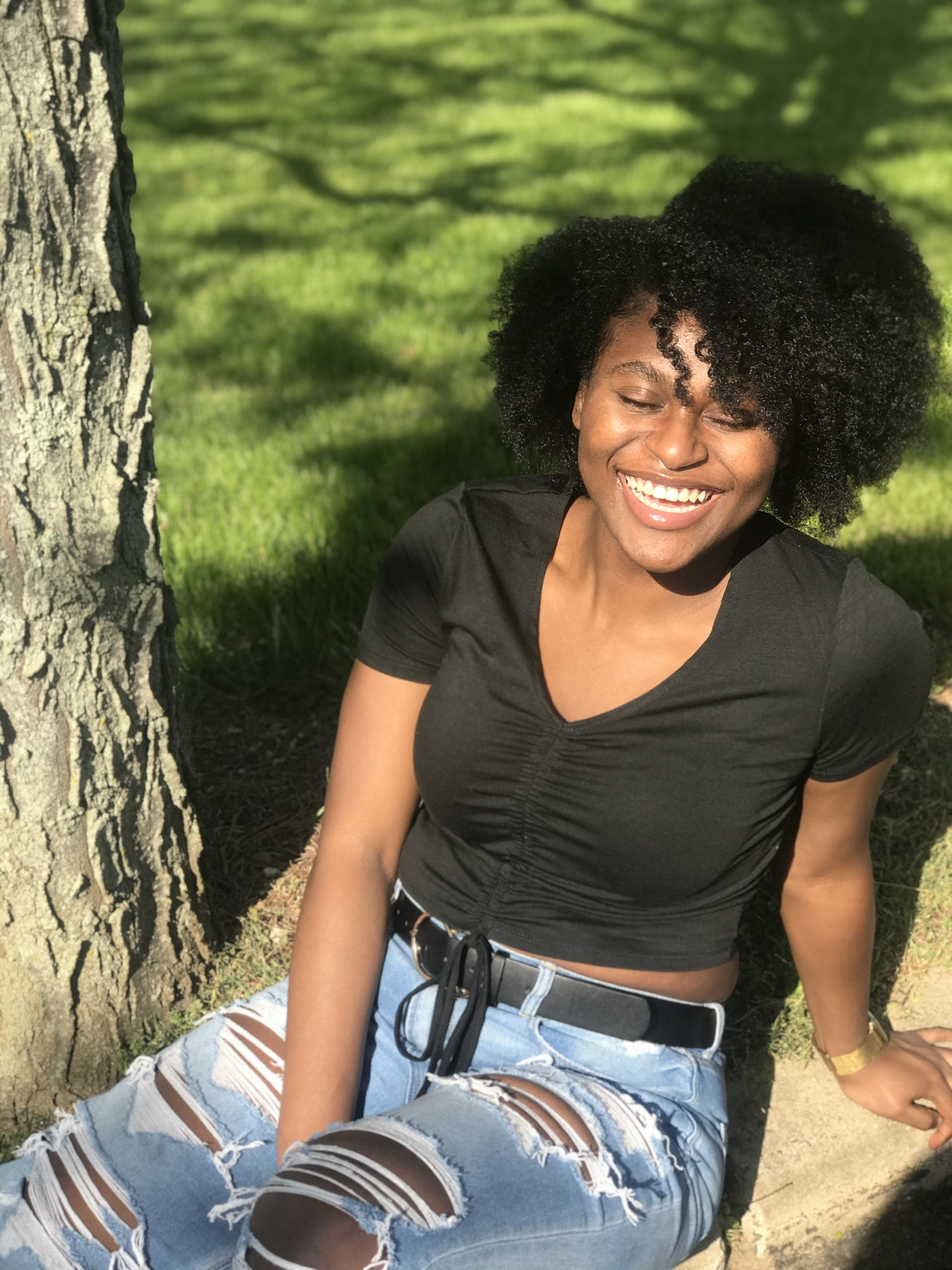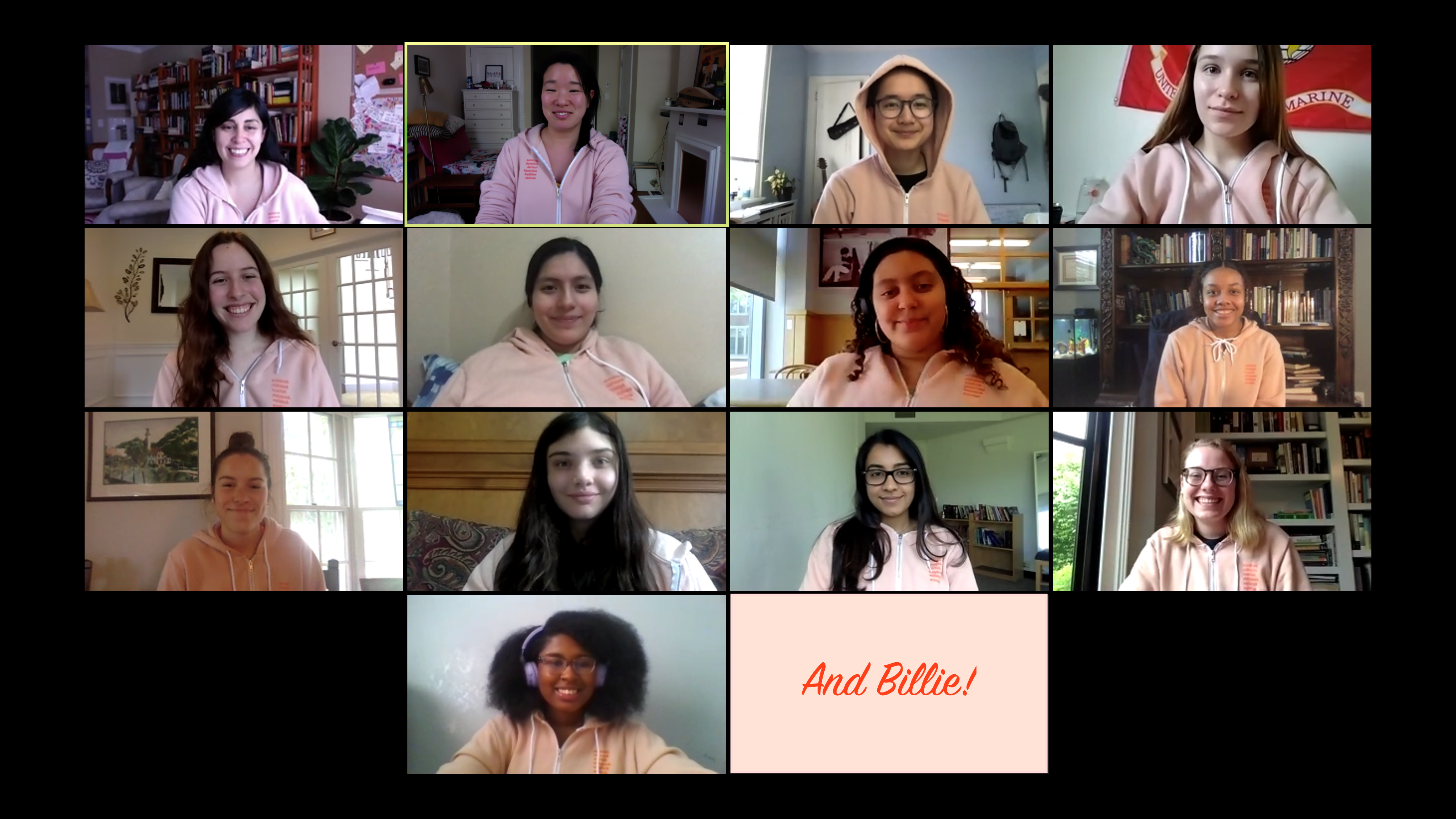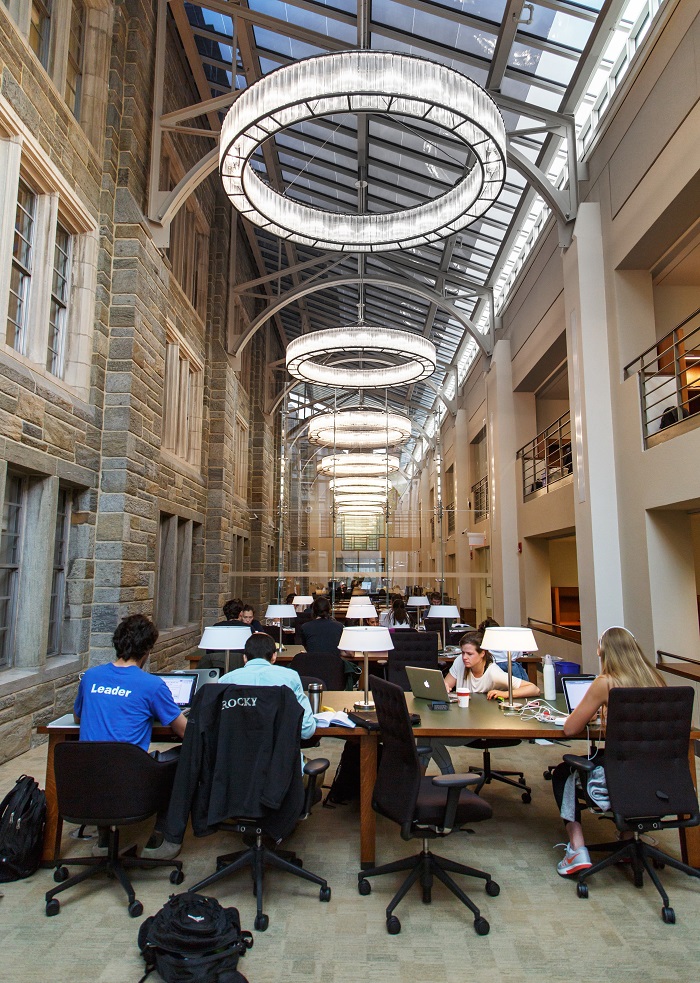Sophomore year has been one of personal and intellectual growth. With the help of the Office of Disability Services, I learned that I have generalized anxiety and it became a goal of mine, this year, to truly get to know myself.
Looking back to high school, my only goal was getting good grades, regardless of what mental strife I went through to get there. Through my time at Princeton, I learned that if you come to campus expecting perfection, you will be humbled very quickly. You’ll learn that grades are important but they aren’t the only thing of value here. At a school like Princeton, learning more about yourself and allowing yourself the space to do so is important, not only for your academic growth, but for your mental health.
Princeton is a rigorous academic institution, that’s a given, but something that is unique to the college experience is that by getting to know yourself on a personal level it can also contribute to greater academic success. In learning about yourself, you’ll discover your most effective study habits, what ways you best learn, are you a morning or night person, do you prefer to study in silence or with music, can you study in groups or do you need isolation, are you easily tired when reading large texts, etc.? You get to know which professors and students you work best with, which values you hold that are non-negotiable when working with others, how to approach large volumes of work, how to best study for different types of exams, when to rest and take a break, and whether you prefer to work in sections or work to completion.
At Princeton, you’ll also learn the importance of connecting with others and maintaining your own mental health. . It is necessary to go beyond just memorizing information in college; you will learn how to understand, analyze, and apply knowledge to contribute to a scholarly conversation or to progress thought as it relates to you and your unique perspective. In your junior and senior year, the department you choose to concentrate in, the professors you work with, and the topics you want to research, relate heavily upon what YOU are interested in!
Ultimately, this year, I learned that in seeking academic success, it is important to get to know myself and put myself first.









